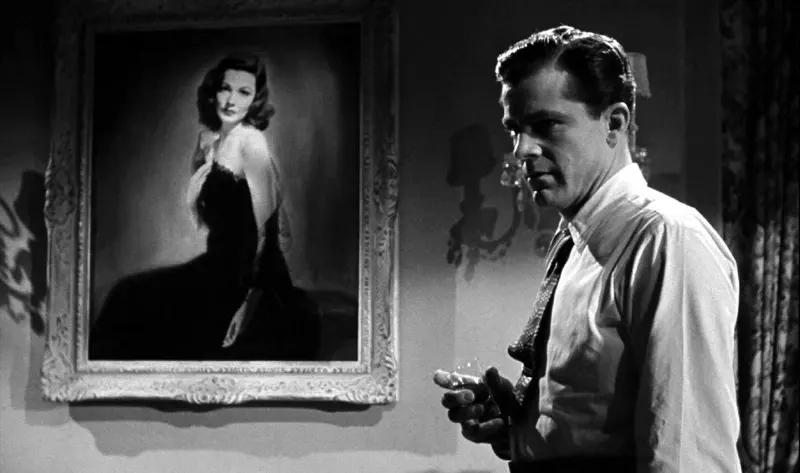Composer David Raksin's Love Theme Provides The Subtext
As a student I was fortunate to live only a 25min train trip away from the Brussels “Cinematek”, hailed by Martin Scorsese as the world’s best cinema repository. Among the half dozen classics screened daily, Otto Preminger’s Laura would pop up at least once a year. Preminger is known for masterpieces, such as ANATOMY OF A MURDER and THE MAN WITH THE GOLDEN ARM. He was also notorious for his ill temper; on set his actresses often fell victim to his bullying.
Soon after I first watched this movie, I met with composer David Raksin, who told me an anecdote that teaches us a thing or two about the issues that even seasoned filmmakers face - and about the power of the composer. Preminger wanted to show how the main character was falling in love with Laura, but this critical scene didn’t work. Without it, the entire movie would fail. So the composer had to fix it by writing a suitable music cue.
Raksin struggled under the pressure. He also lacked inspiration, because his girlfriend had just broken up with him … in a letter. About to throw in the towel, Raksin sat down at the piano, and put the letter on the music rack. He read it again, while improvising a melody. Possibly because the composer had to express an emotion close to his own - i.e. unrequited love - he made it personal, and so Raksin ended up writing what would become one of the most recorded love themes in cinema history.
WAS IT ALL A DREAM?
The story is that of Detective McPherson, who investigates the murder of Laura Hunt. In the process, he realises he is more than just intrigued with the victim. About forty minutes into the film, for the first time McPherson is alone in Laura’s flat, and while he is admiring Laura’s portrait on the wall, the famous love theme plays.
This moment sits right at the movie’s mid point, and it could have had everything of a traditional love scene, if it weren’t for the inconvenient fact that the lover is in fact … dead.
At the end of the scene, the detective has a drink and falls asleep, which has spurred some to claim that the rest of the movie could be interpreted as merely a dream. In an alternative cut of the film, the ending had a character suggest that the whole story had been imagined. As you may know, both options are among the worst possible ways to end any story, so the original cut was restored.

IN LOVE WITH A PAINTING
While McPherson gets more and more familiar with Laura, her surroundings and her entourage, a knock on the door introduces Waldo Lydecker, a close friend to Laura, and a potential suspect in the murder case. If Raksin’s love theme didn’t already communicate what was going on between McPherson and the painting, Lydecker states it in his own acerbic manner: “You better watch out, McPherson, or you'll end up in a psychiatric ward. I don't think they've ever had a patient who fell in love with a corpse.”
The entire film abounds in spectacular, quotable dialogue, the type Robert McKee would urge you to cut. Admittedly, the film was made over seventy years ago and the lines sound theatrical. In particular the character of Lydecker boasts a language that today you would only hear on the stage. Yet it sounds sharp, to the point, and appropriate for this character, who is a writer of short stories - and a narcissist. Preminger deserves the credit for bringing this delightful character to the foreground, against the wishes of the original playwright Vera Caspary. More proof that the last thing a movie adaptation needs to do, is to honour the original.
A remake of LAURA has been announced, and before you panic: the writer is James Ellroy, genius behind BLACK DAHLIA and LA CONFIDENTIAL.
Karel Segers
Karel Segers wrote his first produced screenplay at age 17. Today he is a story analyst, script editor and producer with experience in rights acquisition, script development and production. His
screenwriting classes have trained writers in Australia, Europe, Asia and the Middle East, and his clients include international award-winning filmmakers as well as three Academy Award nominees.
Karel is the founder of
The Story Department and he ranks in the world's Top 10 of most influential people for screenwriting on Twitter.